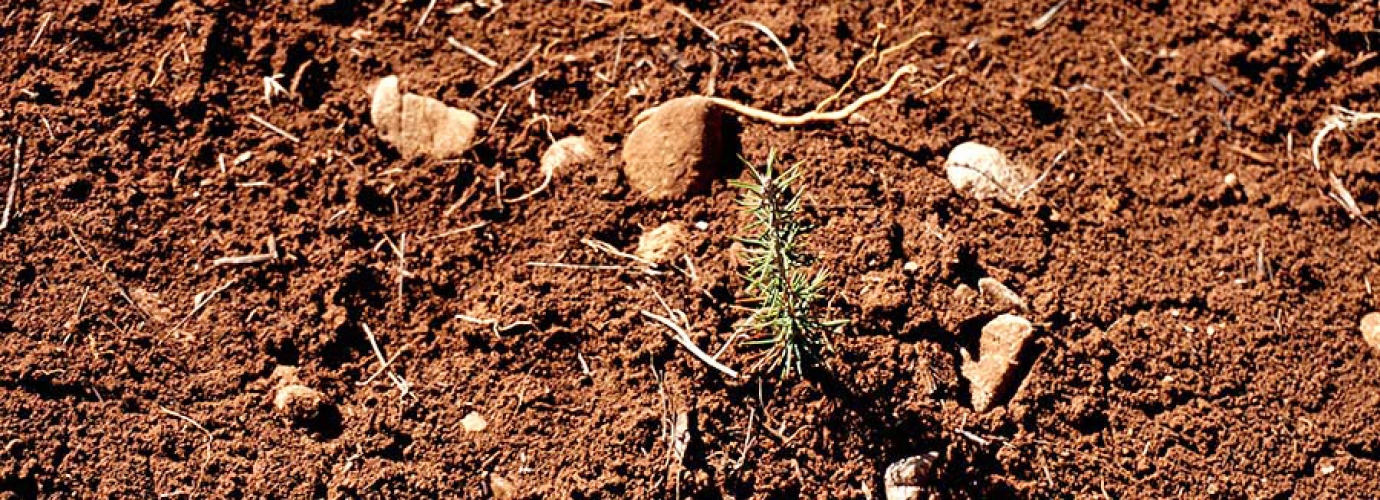Unasylva 255 - Restoring the Mediterranean region: status and challenges

The Food and Agriculture Organization of the United Nations (FAO) has just published a special issue of its Unasylva journal on the restoration of Mediterranean forests, which are increasingly threatened by the impacts of climate change and human activity.
Unasylva 255 - Restoring the Mediterranean region: status and challenges, explores, through 13 expert articles, the extent of ecosystem restoration in the region over recent years, the advances and the challenges, as well as the tools and approaches that can help increase the quality and quantity of restoration work.
“This edition of Unasylva is a unique opportunity for the Mediterranean community to present their collaborative work on ecosystem restoration and highlight the dynamism of a region whose activities are based on strong cooperation among countries and partners” said Zhimin Wu, Director of FAO’s Forestry Division.
The journal also includes the article “The Mediterranean Model Forest Network: involving rural communities in designing restoration projects” written by the MMFN Secretariat with the collaboration of the IMFN, Tuscany Region and Tlemcen Model Forest. The article starts from the creation, dissemination and funding principles of the Model Forest Network, highlighting how the MF approach was recognized as a best practice in sustainability and restoration governance. Two case studies were included: one from Italy about after fire restoration and one from Algeria about the work done in Tlemcen for the conservation of the Egyptian vulture habitat.
The importance of partnerships and collaboration
The 13 articles include case studies from across the region and are organized into three sections focusing on the past and current regional dynamics, the key topics related to Mediterranean restoration, and the future of restoration efforts in the region.
The articles present some countries’ perspectives on the role of restoration in the region and highlight key issues such as fire management and post-fire restoration. They also explore topics that require regional attention such as the role of youth and women in the region’s forestry sector, and the need to better monitor and communicate about restoration activities.
The special issue outlines how partnerships and unique platforms have evolved in recent years, culminating in the Mediterranean region being recognized this year by the UN Decade on Ecosystem Restoration as a World Restoration Flagship, providing inspiration to other countries and regions for scaling up successful restoration efforts.
First published in 1947, Unasylva is FAO’s international journal on forestry and forest industries and is the Organization’s longest running periodical.
Special issues on Mediterranean forests have previously been published in 1999, celebrating 50 years of cooperation in Mediterranean forestry, and in 2014, analysing efforts and initiatives to preserve and valorise the numerous services of the Mediterranean forest ecosystems under threat.


